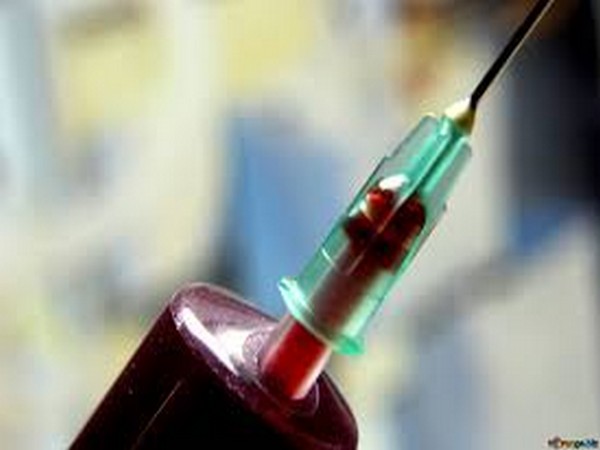New Delhi: In view of the COVID-19 pandemic, the National Blood Transfusion Council (NBTC) has put in place a set of national guidance norms to ensure adequacy and safety of blood, given the restrained gathering and social distancing norm in force currently.
The development comes after the government had received several requests from various stakeholders regarding the concerns for maintaining safety and adequacy of blood during the COVID-19 pandemic.
Dr Shobini Ranjan, Director, NBTC, has written to all State AIDS Control Societies and State Blood Transfusion Councils to adopt the guidance to their specific needs and accordingly direct the professionals engaged in blood transfusion services to facilitate maintenance of adequate stocks of safe blood to meet requirements.
The NBTC has issued interim recommendations for blood transfusion services to maintain a safe and adequate blood supply amid the coronavirus crisis.
Worldwide, the blood centres are dependent on voluntary blood donations from healthy individuals to maintain their blood supplies.
“Since there continues to be a demand for blood and blood components, especially for those patients depending on blood transfusions for life-saving measures, it is essential that supplies of safe blood continue to be maintained at licensed blood centres in the country,” said Dr Ranjan.
“All activities for blood collection and voluntary blood donation, therefore, are required to be continued judiciously during this period to meet the blood requirements,” she added.
In the light of the COVID-19 pandemic, there are several national and local reports of apprehension among potential blood donors and donor organisations with respect to the risk of contracting the infection to blood donation cams and visiting the Blood Bank to donate blood.
The social distancing being promoted for preventing an individual from contacting COVID-19 is also being interpreted to not congregate for blood donation opportunities, reads the letter written by Dr Ranjan.
“If the people do not turn up to donate blood and blood centres or camp locations, there is a likelihood of shortfall in the blood supplies, which may be detrimental to those who are in urgent need of blood and blood components such as thalassemia patient, persons with anemia, instances of severe blood loss, road traffic accident, postpartum hemorrhagic, etc.,” Dr Ranjan further writes in the letter.
The guidelines include the exclusion of at-risk donors to maintain the safety and management of blood collection to ensure adequacy. The letter suggests that individuals with travel history to the coronavirus affected countries or having contact history with COVID-19 confirmed or suspected person and a patient of COVID-19 infection should be discouraged from donating blood.
“It is also recommended that in-house blood donation as well as outdoor blood donation activities may be continued while ensuring compliance with extant social distancing norms, infection control guidelines and biomedical waste disposal rules. This is to be ensured not only by the staff of the blood centres but also by organisers, potential blood donors, and other stakeholders.”
“Proper social distancing measures should be followed in the blood donation site, infection control measures hand hygiene safe disposal. Guidelines on the appropriate clinical use of blood and blood components action and donor education on blood donation,” adds the letter. (ANI)





